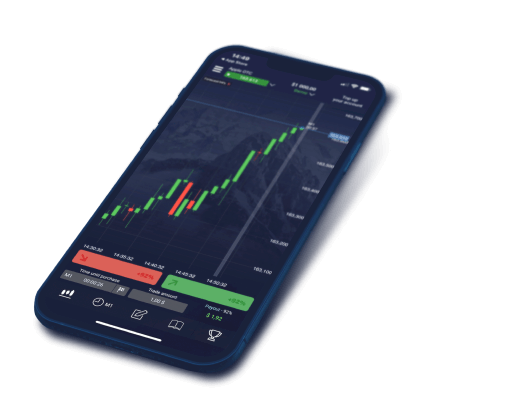Is Pocket Option a Regulated Broker The Truth Revealed

Is Pocket Option a Regulated Broker?
In the ever-evolving world of trading, the concept of regulation is of paramount importance to traders. Many individuals ask, is pocket option a regulated broker is pocket option a regulated broker? This article will delve into the regulatory status of Pocket Option, shedding light on its implications for traders and what you need to know before engaging with this platform.
Understanding Regulation in Trading
Regulation refers to the supervision of financial firms and advisors to protect investors from fraud and ensure that the financial markets function efficiently. Regulatory bodies exist in several countries, including the Financial Conduct Authority (FCA) in the UK, the Securities and Exchange Commission (SEC) in the USA, and the European Securities and Markets Authority (ESMA) in Europe. These organizations lay down strict guidelines that brokers must adhere to in order to operate legally.
The Importance of Choosing a Regulated Broker
Choosing a regulated broker is crucial for several reasons:
- Investor Protection: Regulated brokers are required to follow strict guidelines that protect your funds.
- Transparency: They are obligated to provide clear information about fees, spreads, and trading conditions.
- Fair Trading Practices: Regulation ensures that brokers do not manipulate prices or engage in unfair practices.
Pocket Option: An Overview
Pocket Option is primarily known for its binary options trading services, allowing traders to speculate on price movements of various assets, including currencies, stocks, and commodities. Launched in 2017, it has quickly gained popularity, especially among beginners due to its user-friendly interface and the availability of a demo account. However, potential users often wonder about its regulatory status.
Is Pocket Option Regulated?

As of now, Pocket Option operates under the jurisdiction of the Republic of the Marshall Islands. This means it is registered there but does not fall under strict regulatory oversight that one would expect from regulators like the FCA or SEC. The lack of regulation can be a red flag for many traders who prioritize security and trust in their trading environments.
Potential Risks of Trading with Non-Regulated Brokers
Trading with a non-regulated broker poses several risks:
- Lack of Security: Your funds may not be protected in the event of broker insolvency.
- Difficulty in Dispute Resolution: If there are issues such as withdrawal problems, you may lack the necessary recourse to resolve disputes.
- Unpredictable Trading Conditions: Non-regulated brokers can change their trading conditions at any time, which could significantly impact your trading experience.
What To Do If You Want to Trade with Pocket Option
If you decide to proceed with Pocket Option despite its regulatory status, here are a few recommendations:
- Start with a Demo Account: This allows you to familiarize yourself with the platform without risking real money.
- Educate Yourself: Understand the risks involved with binary options trading and ensure you’re using effective strategies.
- Manage Your Risk: Use only the funds you can afford to lose, and consider setting stringent limits on your trades.
Conclusion
In summary, Pocket Option is not a regulated broker in the traditional sense, which may cause concern for many potential traders. While its user interface and features are appealing, the regulatory landscape is a crucial factor that should not be overlooked. Before making any trading decisions, ensure you are fully informed about the risks and the nature of the broker you choose.
Always remember that the world of trading involves a significant amount of risk, and having the assurance of a regulated environment can contribute to a more secure trading experience. If you’re serious about trading, consider exploring regulated alternatives to mitigate risks and enhance your trading stability.

